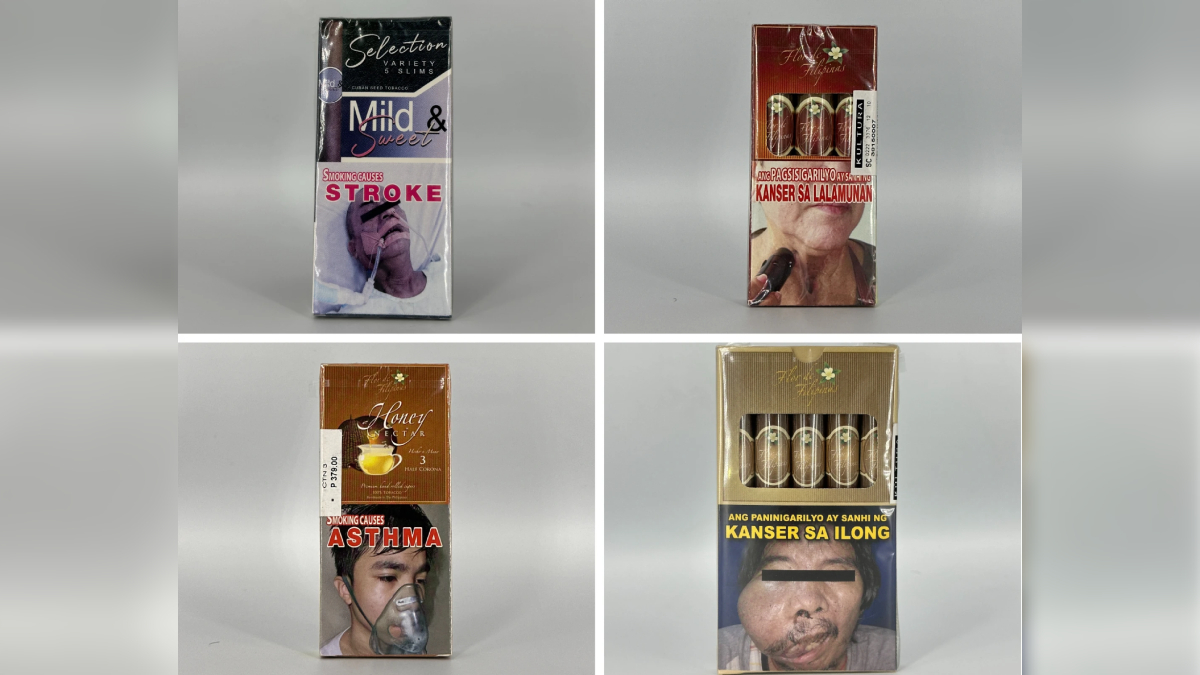The Tobacco Control and Governance team of the Ateneo Policy Center recently published a study analyzing the prevalence of flavor descriptors in tobacco products sold in the Philippines. The paper, titled “An analysis of flavor descriptors on tobacco products in the Philippines: Regulatory implications and lessons for low- and middle-income countries,” was featured in the peer-reviewed journal Globalization and Health.
The study highlights the historical practice of tobacco companies using flavoring agents to increase the appeal of tobacco, especially among new users. Despite the growing market for flavored tobacco products and the rise of technologies like crushable capsules, the Philippines currently lacks specific regulations on these products.
The research team, composed of Samantha Ackary, Patrik Cabrera, Alen Santiago, and Dr. Gayle Amul, reviewed 106 cigarette and cigar products from major cities across the country. Their findings revealed widespread use of flavor descriptors and imagery, categorized into five main types: menthol, concept descriptors, tobacco, beverages, and other flavors.
The study emphasizes the need for stricter regulation, including the possibility of banning flavored tobacco products and implementing plain packaging laws to reduce their attractiveness. This research updates a previous study by the Institute for Global Tobacco Control in 2016, underscoring the continued rise of flavored tobacco products in the market.






